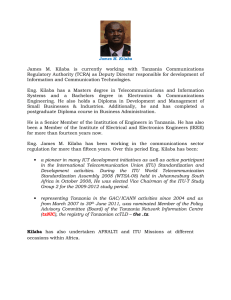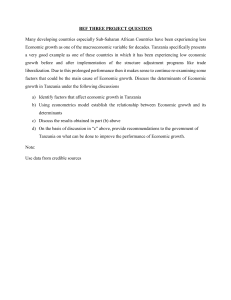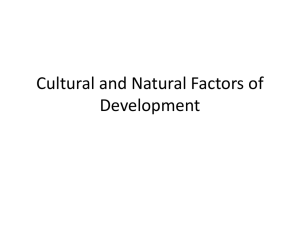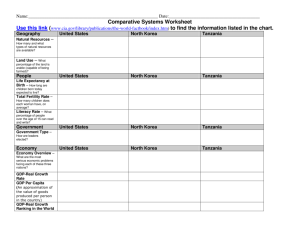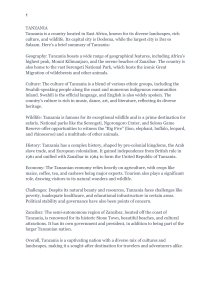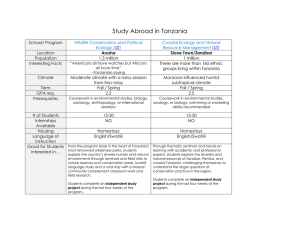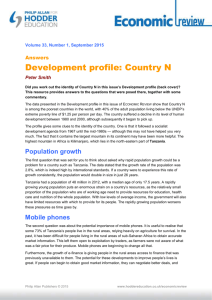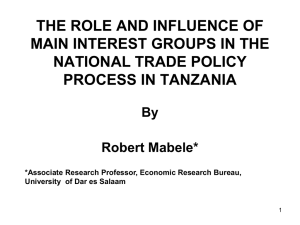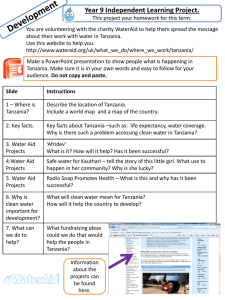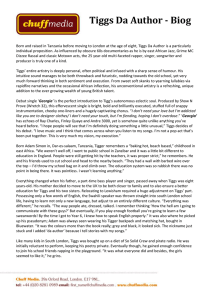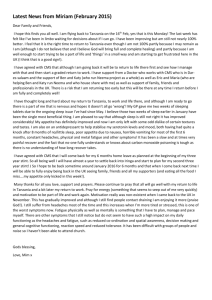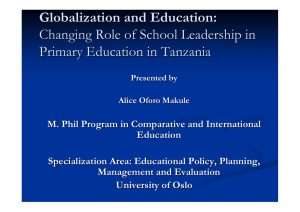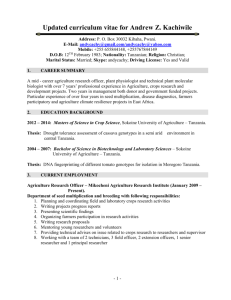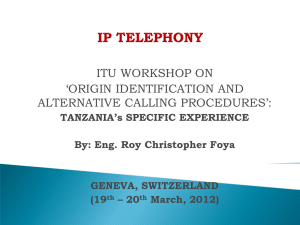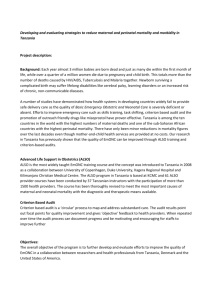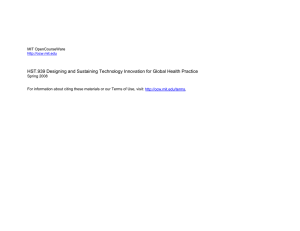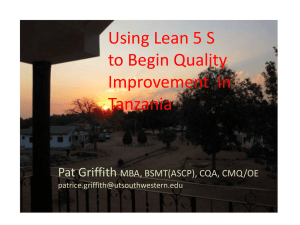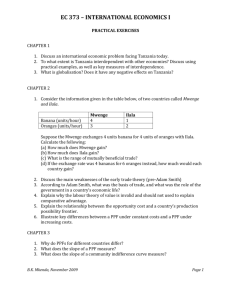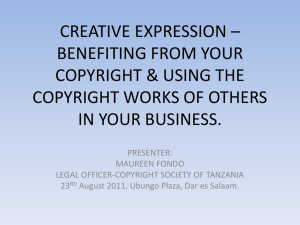Policy forum 28 oct 2014
advertisement
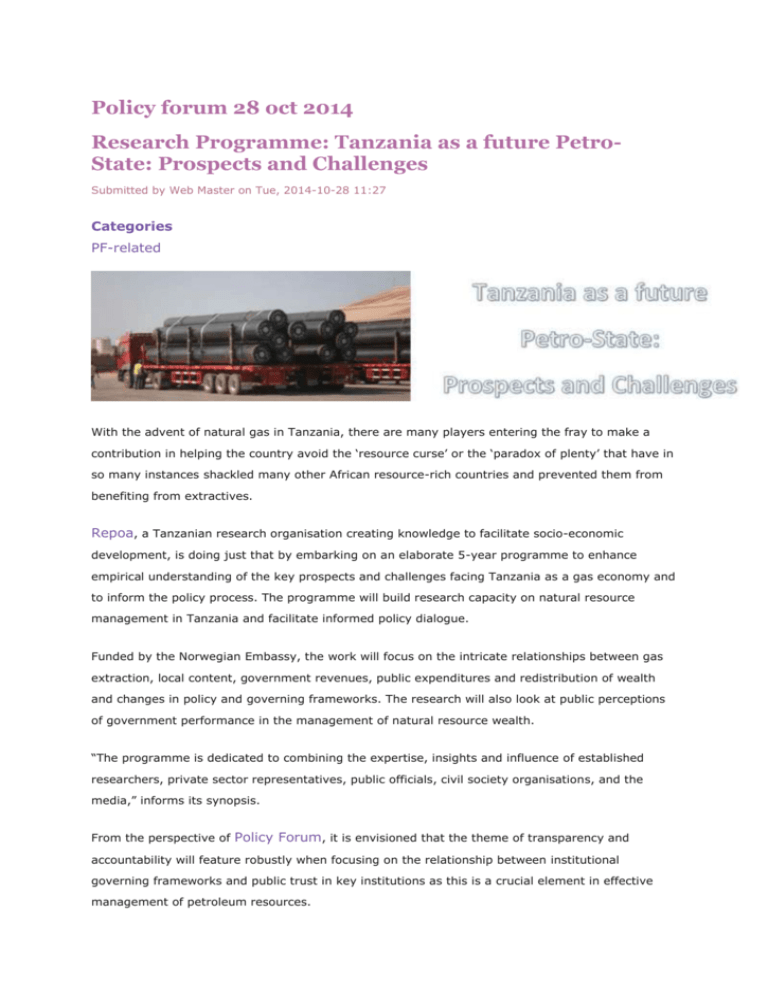
Policy forum 28 oct 2014 Research Programme: Tanzania as a future PetroState: Prospects and Challenges Submitted by Web Master on Tue, 2014-10-28 11:27 Categories PF-related With the advent of natural gas in Tanzania, there are many players entering the fray to make a contribution in helping the country avoid the ‘resource curse’ or the ‘paradox of plenty’ that have in so many instances shackled many other African resource-rich countries and prevented them from benefiting from extractives. Repoa, a Tanzanian research organisation creating knowledge to facilitate socio-economic development, is doing just that by embarking on an elaborate 5-year programme to enhance empirical understanding of the key prospects and challenges facing Tanzania as a gas economy and to inform the policy process. The programme will build research capacity on natural resource management in Tanzania and facilitate informed policy dialogue. Funded by the Norwegian Embassy, the work will focus on the intricate relationships between gas extraction, local content, government revenues, public expenditures and redistribution of wealth and changes in policy and governing frameworks. The research will also look at public perceptions of government performance in the management of natural resource wealth. “The programme is dedicated to combining the expertise, insights and influence of established researchers, private sector representatives, public officials, civil society organisations, and the media,” informs its synopsis. From the perspective of Policy Forum, it is envisioned that the theme of transparency and accountability will feature robustly when focusing on the relationship between institutional governing frameworks and public trust in key institutions as this is a crucial element in effective management of petroleum resources. The network of CSOs believes, for instance, that oil and gas contracts signed by the government on behalf of citizens with industry offering exploration, extraction and export rights should be made public and industry should publish all their payments to government. It would be interesting, therefore, if the research programme produced adequate evidence of how the government and industry approach this core principle of transparency to help inform civil society advocacy and engagement. Printer-friendly version

